Subtotal: £8.71
Discus Fish Randomly Selected Size 4-5 Cm 2” Symphysodon Grade A
£33.87
Discus Fish Randomly Selected Size 4-5 Cm 2” Symphysodon Grade A – High-Quality Fish for Your Aquarium. Comprehensive Guide Included. Vibrant Colors, Peaceful Nature, and Unique Shape. Suitable for Moderate to Advanced Care. Ideal Water Conditions and Long Lifespan. Perfect for Discus and Fish Enthusiasts.
986 in stock
Attributes:
– Short Description: Discus Fish Randomly Selected Size 4-5 Cm 2” Symphysodon Grade A
– Product Categories: Discus, Fish
Product Description:
The Discus Fish Randomly Selected Size 4-5 Cm 2” Symphysodon Grade A is a high-quality fish that will add beauty and elegance to your aquarium. This comprehensive guide will provide you with all the information you need to know about this fish, including its scientific and common names, habitat, tank setup, diet and nutrition, size and growth rate, behavioral traits, care level, breeding and reproduction, health and disease prevention, optimal water conditions, lifespan, and additional interesting facts.
Scientific and Common Names:
The Discus Fish, scientifically known as Symphysodon, is a genus of cichlids native to the Amazon River basin in South America. It is commonly referred to as the “King of the Aquarium” due to its vibrant colors and graceful swimming patterns.
Habitat:
In the wild, Discus Fish are found in slow-moving rivers, flooded forests, and lakes in the Amazon basin. They prefer warm, soft, and acidic water conditions with plenty of hiding spots among driftwood, rocks, and plants.
Tank Setup:
To provide a suitable habitat for your Discus Fish, it is recommended to have a spacious aquarium of at least 50 gallons. The tank should be well-filtered and maintained at a temperature between 82-86°F (28-30°C). The water should be slightly acidic with a pH level of 6.0-7.0. It is important to recreate their natural environment by adding plants, driftwood, and rocks.
Diet and Nutrition:
Discus Fish are omnivorous and require a varied diet to thrive. They should be fed a combination of high-quality pellets, flakes, frozen or live foods such as bloodworms, brine shrimp, and daphnia. It is important to provide a balanced diet to ensure their optimal health and vibrant colors.
Size and Growth Rate:
The Discus Fish Randomly Selected Size 4-5 Cm 2” Symphysodon Grade A typically measures around 4-5 cm (2 inches) in size. With proper care and nutrition, they can grow up to 15-20 cm (6-8 inches) in diameter.
Behavioral Traits:
Discus Fish are known for their peaceful and social nature. They are often seen swimming in groups and can be territorial during breeding. They are also known for their unique ability to communicate through body language and color changes.
Care Level:
The care level for Discus Fish is considered moderate to advanced. They require stable water conditions, regular water changes, and a well-maintained aquarium. It is important to monitor their behavior and health closely to ensure their well-being.
Breeding and Reproduction:
Breeding Discus Fish can be a rewarding experience. They are monogamous and form pairs for breeding. The parents take turns guarding and caring for the eggs and fry. Breeding can be challenging and requires specific water conditions, proper nutrition, and a separate breeding tank.
Health and Disease Prevention:
To keep your Discus Fish healthy, it is important to maintain clean water conditions, provide a balanced diet, and monitor their behavior and appearance for any signs of illness. Common diseases that can affect Discus Fish include bacterial infections, parasites, and fungal infections. Regular water testing and quarantine procedures for new fish can help prevent the spread of diseases.
Optimal Water Conditions:
Discus Fish thrive in warm, soft, and slightly acidic water conditions. The ideal temperature range is 82-86°F (28-30°C), with a pH level of 6.0-7.0. It is important to maintain stable water parameters and perform regular water changes to ensure their well-being.
Lifespan:
With proper care, Discus Fish can live up to 10-15 years or even longer. Their lifespan can be influenced by genetics, water conditions, diet, and overall care.
Additional Interesting Facts:
– Discus Fish are known for their vibrant colors, which can range from shades of red, blue, green, and yellow.
– They have a unique shape with a round and laterally compressed body.
– Discus Fish are highly sought after by aquarium enthusiasts due to their beauty and elegance.
– They are considered one of the most challenging fish to keep, but with proper care, they can thrive and become the centerpiece of your aquarium.

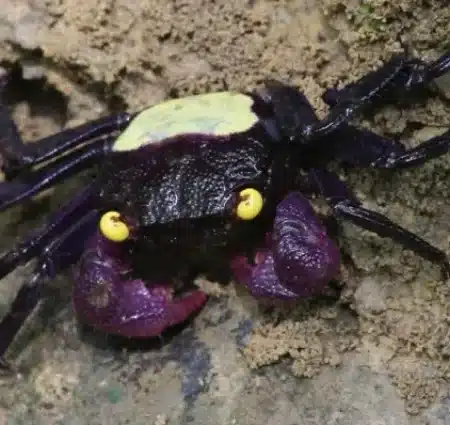 Golden Eyes Vampire Crab - Geosesarma Sp. - Decapod Crustacean
Golden Eyes Vampire Crab - Geosesarma Sp. - Decapod Crustacean 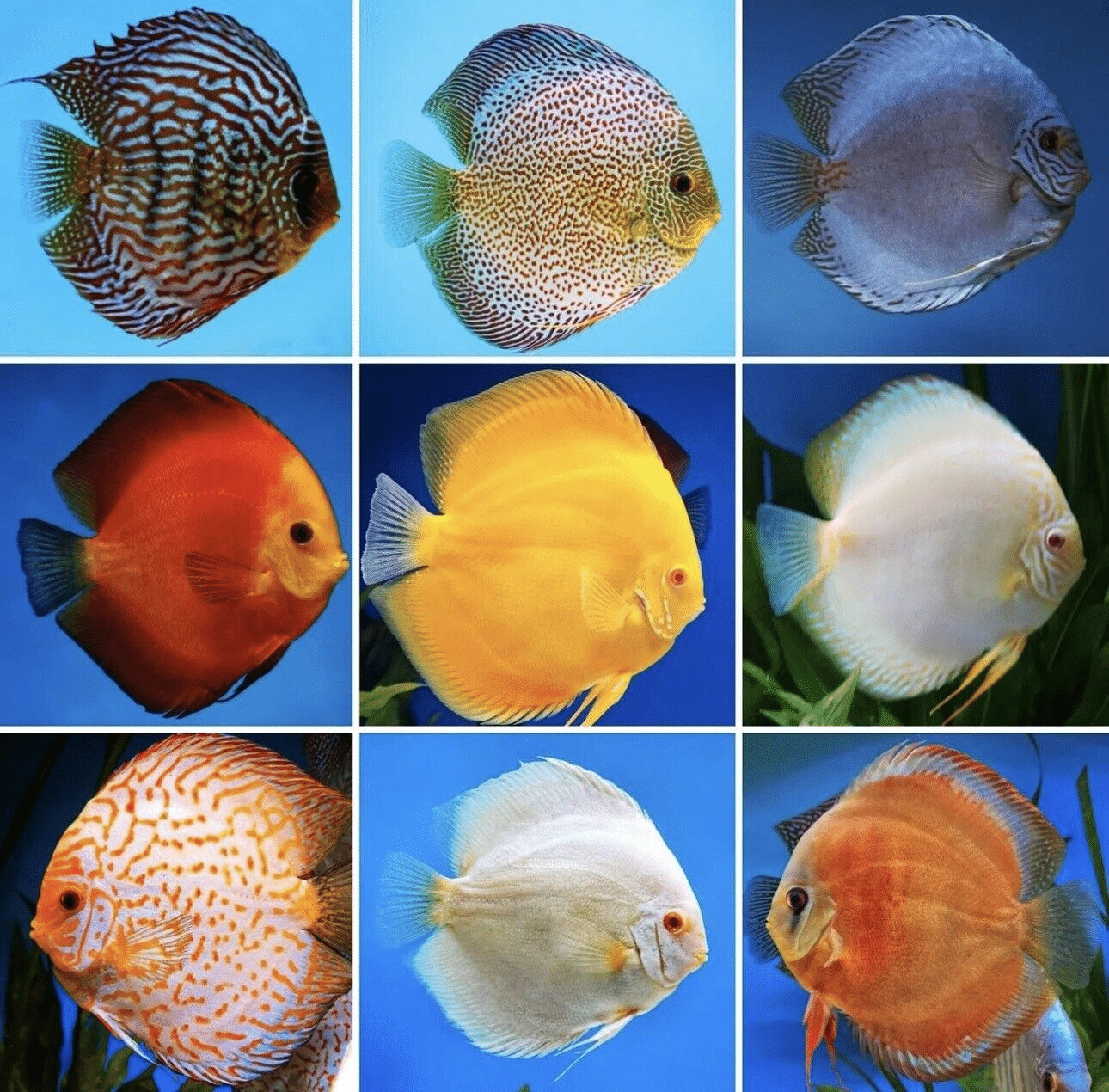

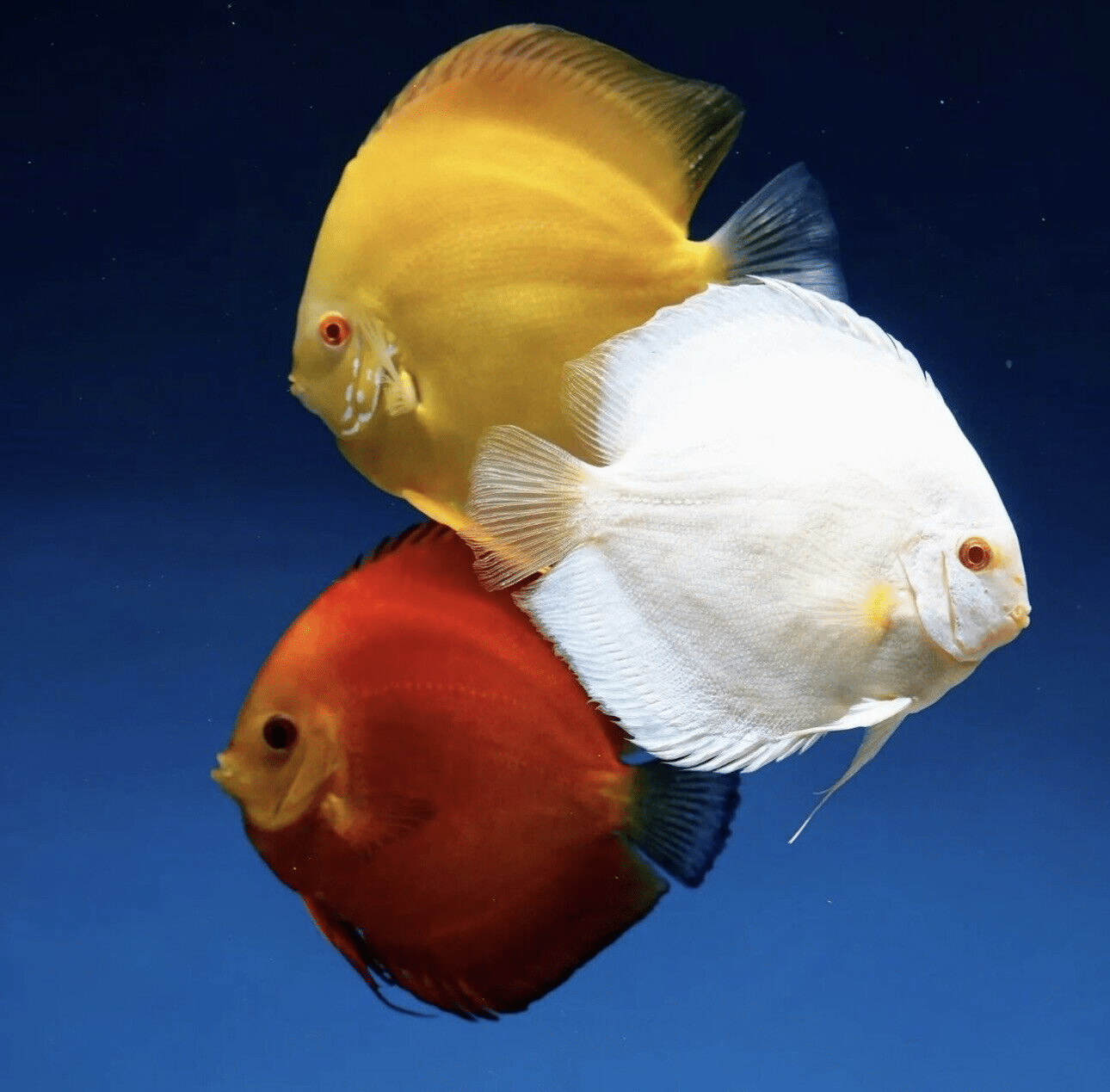


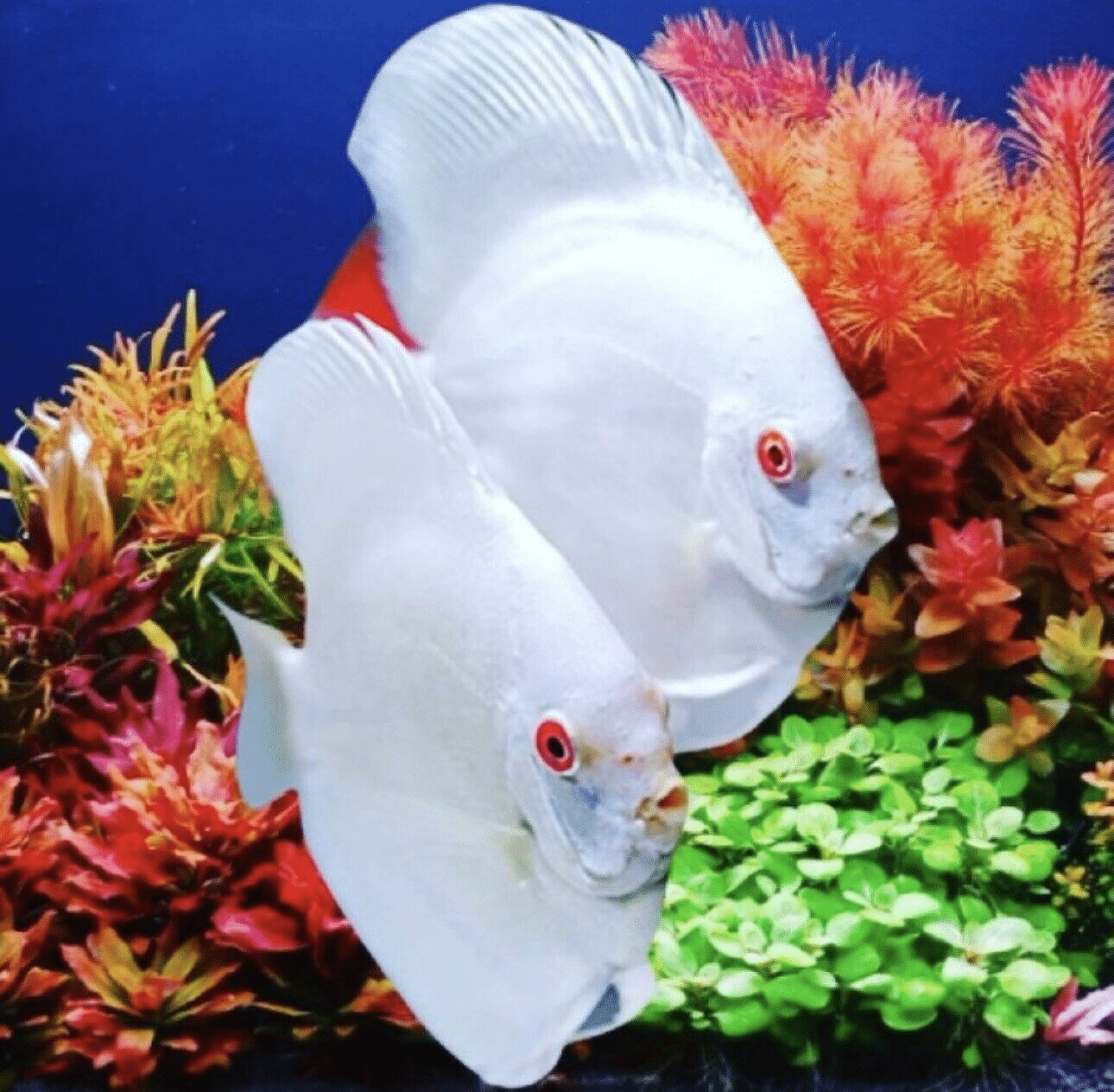

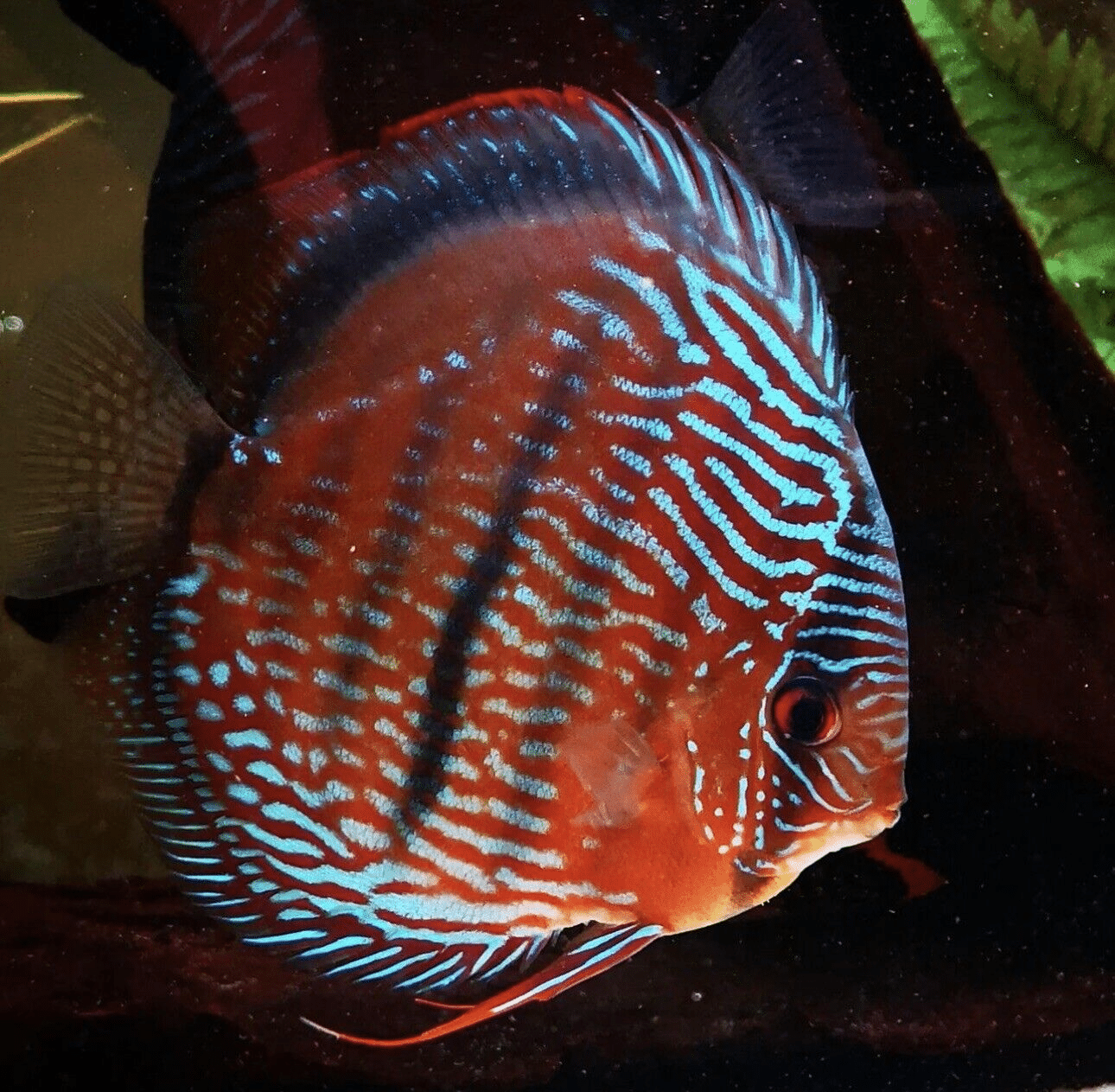

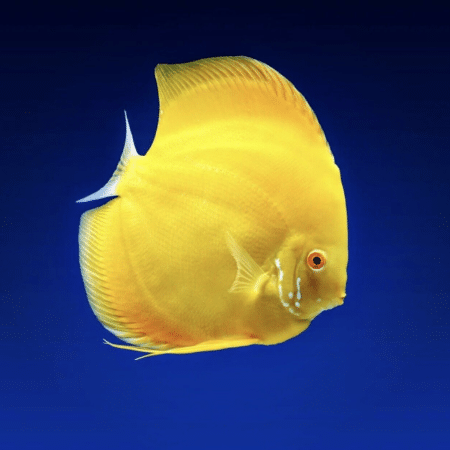
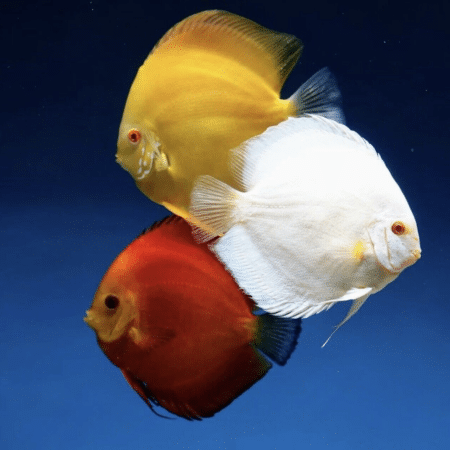
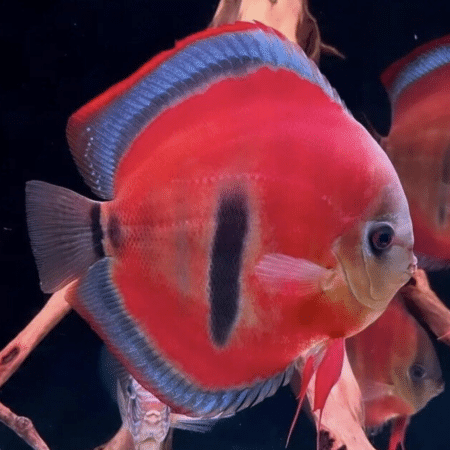
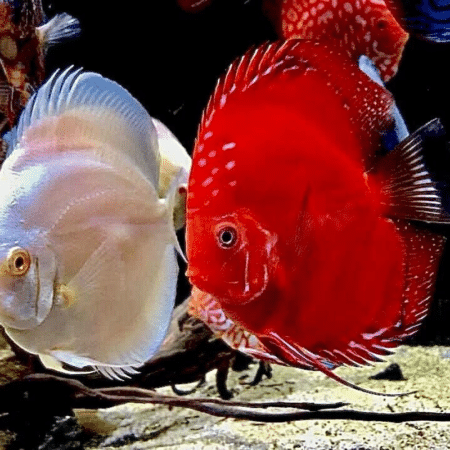
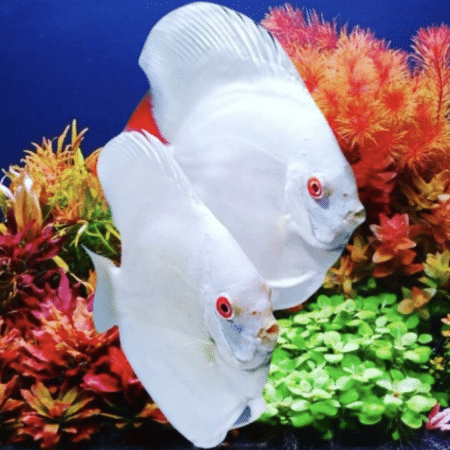
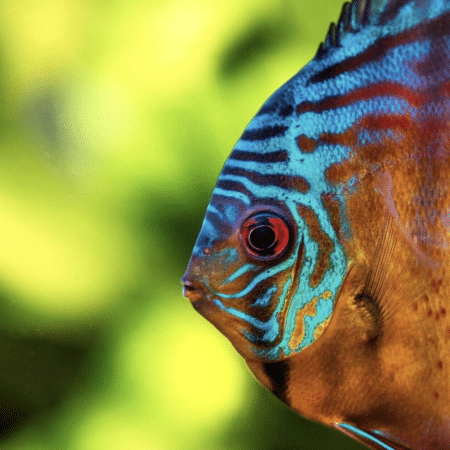
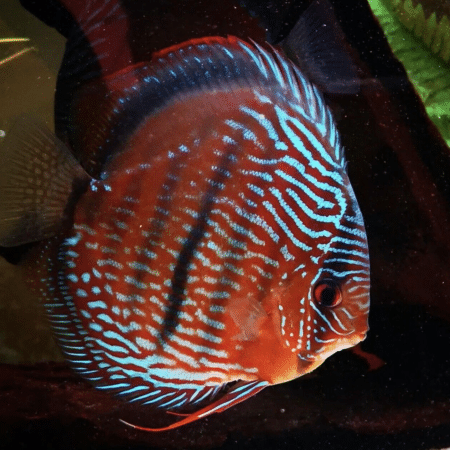
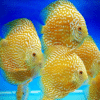



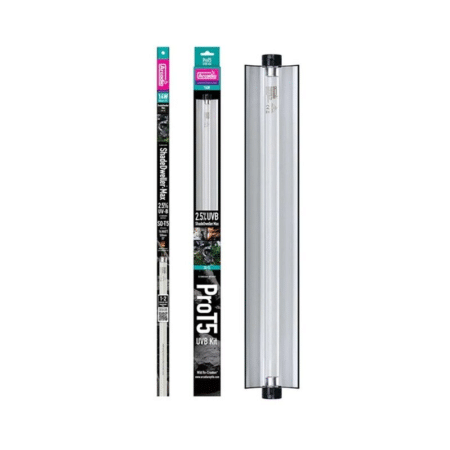




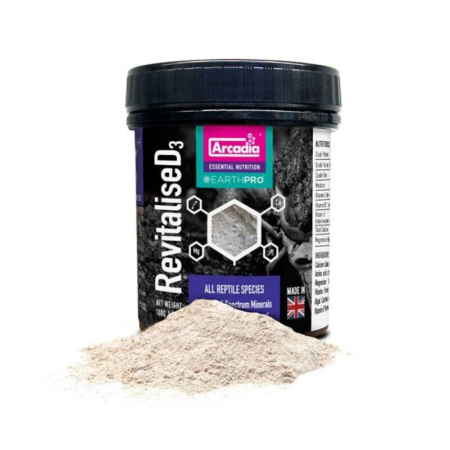
Reviews
There are no reviews yet.